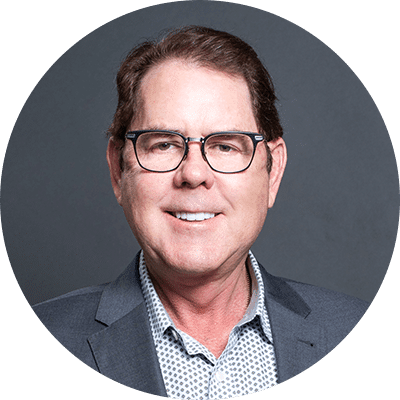Medications are supposed to reduce or eliminate your pain from headaches. Unfortunately, sometimes the opposite can happen: your medications actually ending up causing headaches. These medication overuse or rebound headaches can be very difficult to manage, so it’s best to avoid them when possible.
Here are some tips for avoiding rebound headaches.
Follow Instruction for Medications
When you’re given medications for your headaches, make sure you take them as prescribed. This means always the recommended dosage and always waiting the full period before taking another dose.
Don’t increase your dose without talking to your doctor, even if you think it would be safe. Let your doctor know if medications aren’t working as they used to. This is a sign that you might be starting to develop rebound headaches.
Don’t Take OTC Medications without Telling Your Doctor
Never supplement your prescription medication with over-the-counter (OTC) medications unless you’ve explicitly cleared it with your doctor. Be aware of the labeling instructions, including the maximum recommended dosage, and always comply with them.
If you don’t have a prescription medication and are relying only on OTC medications for treatment, don’t use them for more than 15 days a month. If you think you need them more often than that, talk to your doctor about maybe getting a prescription.
Be Aware Which Medications Have Highest Risk
Not all medications are equally likely to lead to rebound headaches. When your doctor recommends these, make sure you talk about strategies to avoid dependence, addiction, and rebound headaches.
- Opioids are narcotics that are potentially very dangerous. The overdose rate for opioids has been rising dramatically for decades, and only through concerted efforts by doctors has it finally begun to decline. Opioids are really a poor choice for headache medication. While they can provide some instant relief, they diminish quickly in effectiveness, and, worse, they can actually increase the frequency of your headaches with even moderate usage (just four times a month).
- Butalbital is a barbiturate narcotic, which means it also has a potential for addiction and overdose. And it can lead to rebound headaches with relatively few uses (twice a week). Because of the negative potential of these narcotic medications, some doctors say: “do not use butalbital or opioids as acute treatment for migraine.”
- Triptans are powerful abortive medications. They are frequently limited in quantity by insurance companies, which tends to keep the problem of overuse down. However, it doesn’t take much to cause overuse headaches with triptans–just twice a week can cause problems.
Seek Better Preventive Treatment
Consider Drug-Free Treatments
Medications aren’t the only way to get relief from your headaches. There are many drug-free treatments that can reduce the frequency or severity of headaches. They may even eliminate them altogether. If you aren’t taking medications, you won’t develop medication rebound headaches.
TMJ treatment is one drug-free approach to treating headaches that can be very successful. It can treat tension headaches, migraines, and it can reduce the incidence of other pains such as neck or jaw pain. TMJ treatment can be used alone or can be used in concert with drug treatments. It can reduce your dependence on pain drugs and help you avoid rebound headaches. It can even be used as part of a recovery plan from rebound headaches.
Sleep apnea treatment can also help with some headaches, especially morning headaches and migraines.
If you are looking for treatments that can help stop your headache in Wichita Falls, TX, please call 940-322-2252 today for an appointment with a headache dentist at StarImage Dentistry.

